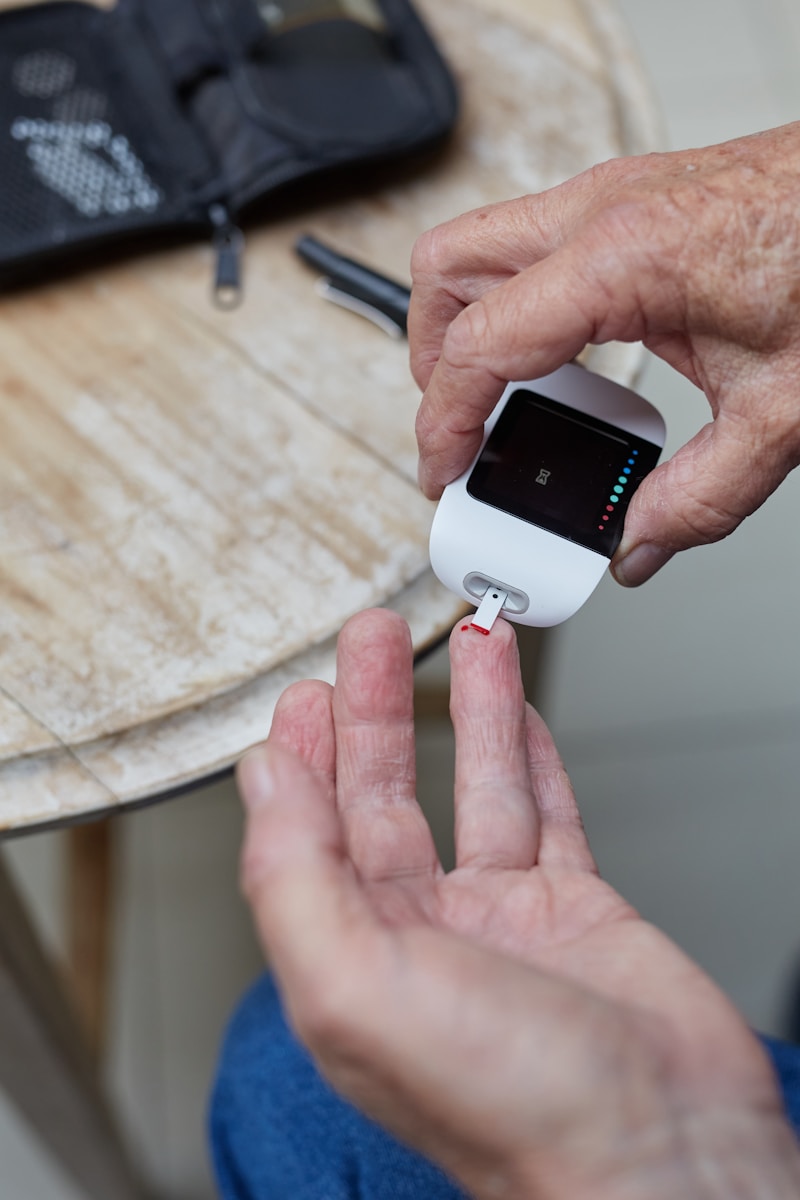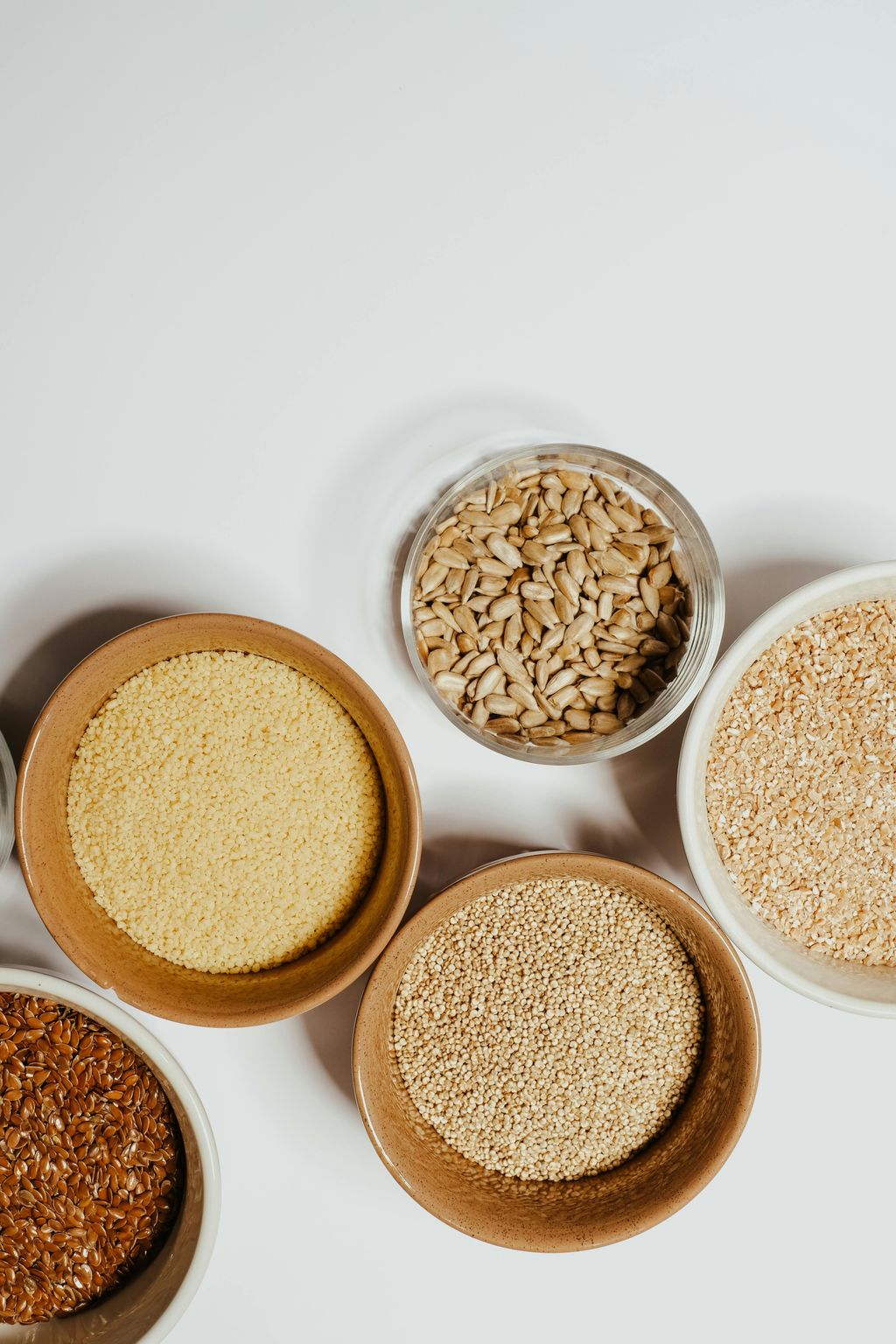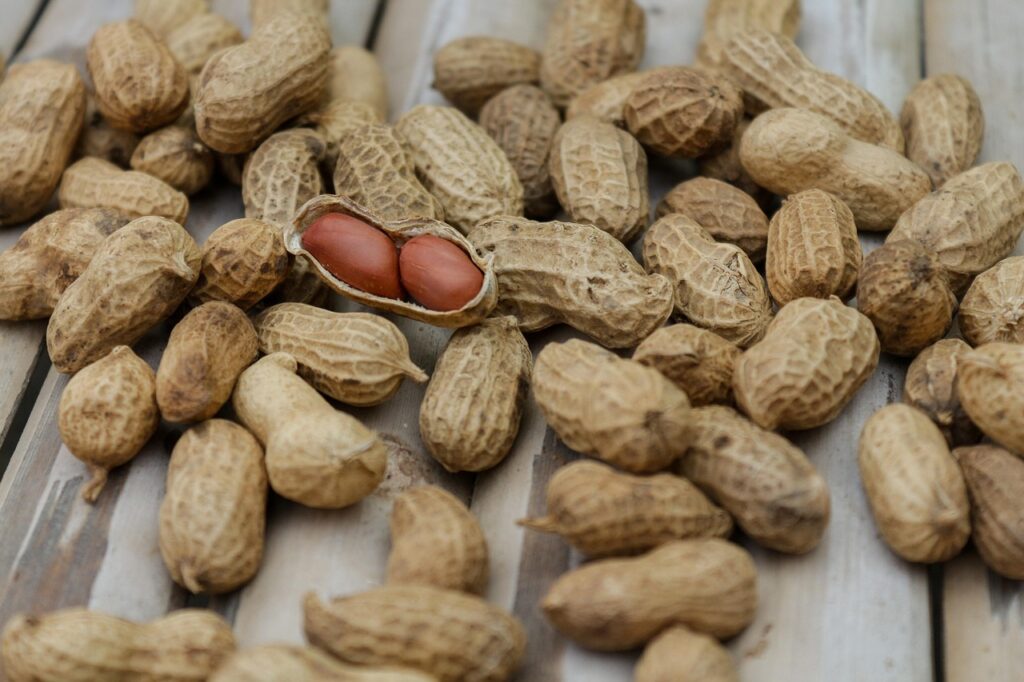
French fries, a global culinary staple, often evoke a sense of comfort and indulgence. From fast-food drive-thrus to gourmet bistros, their crispy texture and savory appeal are undeniable. Yet, new research presents a compelling reason to reconsider this ubiquitous side dish. A comprehensive study involving hundreds of thousands of Americans has unveiled a significant link between regular consumption of French fries and an elevated risk of developing Type 2 diabetes.
Published in the esteemed journal The BMJ, this groundbreaking investigation was spearheaded by researchers at the Harvard T.H. Chan School of Public Health. Their meticulous work involved analyzing decades of dietary data from an extensive cohort. More than 200,000 U.S. medical professionals participated in three large, ongoing health studies. These included the Nurses’ Health Study, Nurses’ Health Study II, and the Health Professionals Follow-up Study.
Participants diligently completed food questionnaires every two to four years over a span exceeding three decades. This rigorous approach allowed scientists to capture long-term eating patterns with remarkable precision. Over the course of 5.2 million person-years of follow-up, a significant number of participants, precisely 22,299, were diagnosed with Type 2 diabetes. The sheer scale and duration of this research lend considerable weight to its findings.

While the study’s breadth is impressive, it is important to note a specific demographic detail. The research predominantly involved White health professionals, with, as the paper notes, “more than 90% of our study population was of European ancestry.” This characteristic may, to some extent, limit the direct generalizability of the findings to more diverse populations.
When researchers meticulously examined the dietary habits, a clear and impactful pattern emerged. Individuals who consumed French fries more frequently exhibited a markedly higher propensity to develop Type 2 diabetes. Specifically, just three additional servings of French fries per week were associated with a 20% increased risk of this chronic metabolic condition. This finding highlighted a ‘dose-response’ relationship, indicating that greater consumption of fries corresponded to a higher diabetes risk.
The core of the issue, according to the study, lies in the preparation method. While all potatoes are naturally rich in rapidly absorbed starch, the act of frying fundamentally alters their health profile. Deep frying saturates potatoes with fats, often trans or saturated fats, which are known contributors to insulin resistance. Insulin resistance occurs when the body’s cells do not respond effectively to insulin, the hormone vital for regulating blood sugar levels.

Beyond fat absorption, the deep-frying process itself can generate unhealthy chemical compounds. This transformation, coupled with the increased caloric content due to fat absorption, significantly predisposes individuals to weight gain. Researchers estimated that approximately half of the observed link between French fries and diabetes could be attributed to this weight gain over time.
Mir Ali, MD, medical director of MemorialCare Surgical Weight Loss Center, succinctly summarized this aspect, stating that “Frying changes the nutritional quality of the potatoes and undoes the benefits of potatoes. Deep frying also creates chemicals that are less healthy for you. It’s probably a combination of all of these.” This perspective underscores the multifaceted ways in which frying impacts the food’s nutritional integrity.
In stark contrast to French fries, the study found no statistically significant association between the consumption of baked, boiled, or mashed potatoes and the risk of Type 2 diabetes. This crucial distinction reinforces the idea that the potato itself is not inherently detrimental. Instead, it is the method of its preparation that becomes a pivotal factor in its health implications.
Even when considering total potato intake, encompassing all preparation types, the association with diabetes risk remained relatively weak. The study reported only a 5% increase for every three extra servings a week when all potato forms were combined. This robust finding, indicating a lack of association for non-fried potatoes, held true across multiple sensitivity analyses conducted by the researchers.

Shannon Galyean, an assistant professor of nutritional sciences at Texas Tech University, pointed out that potatoes, when not deep-fried or heavily laden with unhealthy additives, can offer valuable nutrients. She highlighted their role as a useful source of potassium, which aids in blood pressure regulation. Moreover, potato skins, often discarded, contain fiber, a nutrient known to assist with blood sugar control.
Galyean affirmed, “Definitely, potatoes can be considered a healthy food when you don’t fry it, or when you don’t add lots of fat to it.” This reinforces the nuanced message that context and preparation are paramount. The study, therefore, does not advocate for an outright ban on potatoes but rather a conscious choice in how they are consumed.
A particularly insightful aspect of the study explored the impact of dietary substitutions. Researchers modeled what happens when French fries are replaced with healthier carbohydrate sources. The results were compelling: swapping just three weekly servings of French fries for whole grains, such as brown rice, quinoa, or oats, was linked to a significant 19% lower risk of Type 2 diabetes.

Even replacing baked or mashed potatoes with whole grains offered a modest, yet beneficial, reduction in risk by approximately 4%. The overarching message from this analysis is clear: incorporating whole grains into the diet can make a tangible difference in diabetes prevention. Replacing all potatoes with whole grains was associated with an 8% lower risk of Type 2 diabetes, a reduction that was both statistically significant and consistently observed across various analyses.
The benefits of substitution extended beyond whole grains. The study also found that trading French fries for legumes or non-starchy vegetables was associated with a lowered diabetes risk, providing flexible options for dietary improvement. Interestingly, even replacing French fries with refined grains was estimated to reduce the risk, though not as significantly as whole grains.
Conversely, one particular swap appeared to have an adverse effect: replacing potatoes, especially baked, boiled, or mashed varieties, with white rice. This substitution was associated with a higher risk of Type 2 diabetes, highlighting that not all carbohydrate replacements are equally beneficial. No significant association was found between potato or corn chips and Type 2 diabetes risk, a finding consistent across all analytical models.
The core mechanism linking French fries to increased diabetes risk primarily revolves around metabolic responses. The fast-digesting starch inherent in potatoes can lead to rapid blood sugar spikes. However, the frying process exacerbates this effect by introducing high levels of fats. These fats interfere with the body’s insulin signaling, contributing to insulin resistance over time.

Candida Rebello, director of the nutrition and chronic disease program at Louisiana State University, explained that “When you fry the potatoes, the energy content—calories—increases because of the fat they absorb. If you eat many servings of french fries, it predisposes people to weight gain.” This weight gain is a well-established risk factor for Type 2 diabetes, creating a direct pathway from fried food consumption to disease development.
Beyond the direct physiological impacts, experts also point to the broader dietary context in which French fries are typically consumed. Christoph Buettner, MD, PhD, chief of the division of endocrinology at Rutgers Robert Wood Johnson Medical School, emphasized that “the issue is less about French fries specifically, and more about the broader dietary context in which they’re often consumed.” This suggests that individuals frequently opting for fries might also consume other foods high in refined starches, unhealthy fats, and sugars, creating an overall dietary pattern conducive to diabetes risk.
Jessica Cording, a registered dietitian, echoed this sentiment, noting the “high palatability” of fries, which makes it easy to consume large servings quickly. She also highlighted the importance of considering “what other foods and beverages are most commonly consumed with fries compared to what someone might have with whole grains or with boiled, baked, or mashed potatoes?” This holistic view is crucial for understanding the cumulative effect on health.
The study’s lead author, Seyed Mohammad Mousavi, succinctly summarized the key takeaway: “Not all potatoes are created equal.” He further elaborated that “Even a small amount of french fries, less than one serving in the week, is associated with a higher risk of Type 2 diabetes.” This underscores the potency of fried potatoes, even in seemingly modest quantities.

Dr. Faye Riley, research communications lead at Diabetes UK, provided a broader perspective, stating, “Type 2 diabetes is a complex condition, with many factors influencing its development, including genetics, age and ethnicity.” She added, “Diet is just one part of the picture, but this study suggests that how food is prepared can make a difference and reinforces the advice to prioritise whole grains and cut back on fried or heavily processed foods as a way to support a balanced diet and reduce your risk.” This acknowledges the multifactorial nature of diabetes while emphasizing the practical implications of dietary choices.
Regarding the debate over different frying oils, Mousavi dismissed the idea of switching back to beef tallow, which has been controversially advocated by some. He asserted, “Beef tallow is high in saturated fats and other harmful fats. We definitely don’t recommend that.” Instead, he suggested that “baking french fries at home with a healthier oil, such as olive or avocado oil, could help lower one’s diabetes risk compared to eating them from fast-food restaurants.” This offers a tangible, healthier alternative for those who still crave the occasional fry.
Megan Mulcahy, director of communications at Potatoes USA, an organization that supports potato consumption, suggested that “Fries can absolutely be part of a healthy eating pattern when enjoyed in moderation.” This perspective aligns with many nutritionists who advocate for overall dietary balance rather than strict prohibitions. The consensus among experts is that while moderation is key, the method of preparation remains critical.
It is vital to recognize that this extensive study, while highly informative, is observational in nature. This means it can identify associations and correlations but cannot definitively prove that French fries directly cause Type 2 diabetes. Other unmeasured lifestyle factors or genetic predispositions could also play a role in the observed links. The researchers themselves acknowledge this inherent limitation, emphasizing that the substitution analyses are modeled rather than randomized controlled experiments.

Furthermore, the study’s primary reliance on data from medical professionals of European ancestry means its findings may not be universally applicable to all populations. Future research involving more diverse cohorts would be valuable to confirm these associations across different ethnic and socioeconomic groups. Nevertheless, the robustness of the findings was consistently confirmed across various sensitivity and subgroup analyses, strengthening the confidence in the observed patterns.
The research also highlighted the importance of long-term dietary patterns. The association between French fries and diabetes risk was most pronounced when consumption occurred 12 to 20 years before diagnosis. This suggests that consistent, long-term eating habits, rather than isolated instances, are the most significant drivers of risk.
The study’s findings were further bolstered by a comprehensive meta-analysis, combining results from 13 other similar studies. This larger pooled analysis, encompassing nearly 600,000 individuals, confirmed a consistent link: eating more fried potatoes was associated with a 16% higher risk of developing diabetes, reinforcing the novel findings from the Harvard-led cohort studies.
The implications of this research extend far beyond individual dietary choices, carrying significant weight for public health guidance and policy. Walter Willett, professor of epidemiology and nutrition and a corresponding author of the study, articulated a powerful public health message: “Small changes in our daily diet can have an important impact on risk of type 2 diabetes. Limiting potatoes, especially limiting French fries, and choosing healthy, whole grain sources of carbohydrate could help lower the risk of type 2 diabetes across the population.”

This statement underscores a shift in nutritional discourse. It moves beyond simplistic categorizations of ‘good’ or ‘bad’ foods to a more nuanced understanding of preparation methods and dietary context. For policymakers, Willett emphasized, “our findings highlight the need to move beyond broad food categories and pay closer attention to how foods are prepared and what they’re replacing. Not all carbs, or even all potatoes, are created equal, and that distinction is crucial when it comes to shaping effective dietary guidelines.”
This nuanced perspective is vital for crafting effective public health campaigns. Instead of advising a blanket avoidance of potatoes, the focus should be on promoting healthier preparation methods and encouraging the substitution of less healthy options with more nutritious alternatives. The study powerfully reinforces the importance of whole grains as an essential component of a healthy, balanced diet.
The British Medical Journal editorial linked to the study further supported this nuanced view, noting that French fries are often ultra-processed, while baked, boiled, or mashed potatoes are often minimally processed. They concluded, “With their relatively low environmental impact and their health impact, potatoes can be part of a healthy and sustainable diet, though whole grains should remain a priority.” This holistic view considers both health and sustainability.

In the grand tapestry of our daily diets, the seemingly innocent French fry has emerged as a surprisingly potent thread, weaving a measurable increase into the risk of Type 2 diabetes. This extensive Harvard-led study provides a beacon of clarity, illuminating that the potato itself is not the villain, but rather the transformative power of the deep fryer. It’s a testament to how profoundly simple preparation choices can shape our long-term health.
So, as we navigate the vast landscape of culinary delights, perhaps it’s time for a flavorful rebellion against the fryer. Embrace the humble baked potato, the comforting mashed spud, or the wholesome boiled variety. Let your palate explore the richness of whole grains, legumes, and vibrant non-starchy vegetables. These simple shifts are not about deprivation, but about profound empowerment – choices that whisper healthier tomorrows into existence.
Our forks hold the power to shape our health destiny, one mindful bite at a time. Let us step forward, informed and inspired, to craft plates that nourish not only our immediate cravings but also our future well-being. The journey to a healthier self is paved with small, deliberate choices, and sometimes, it begins with simply saying ‘no thanks’ to the fries.



